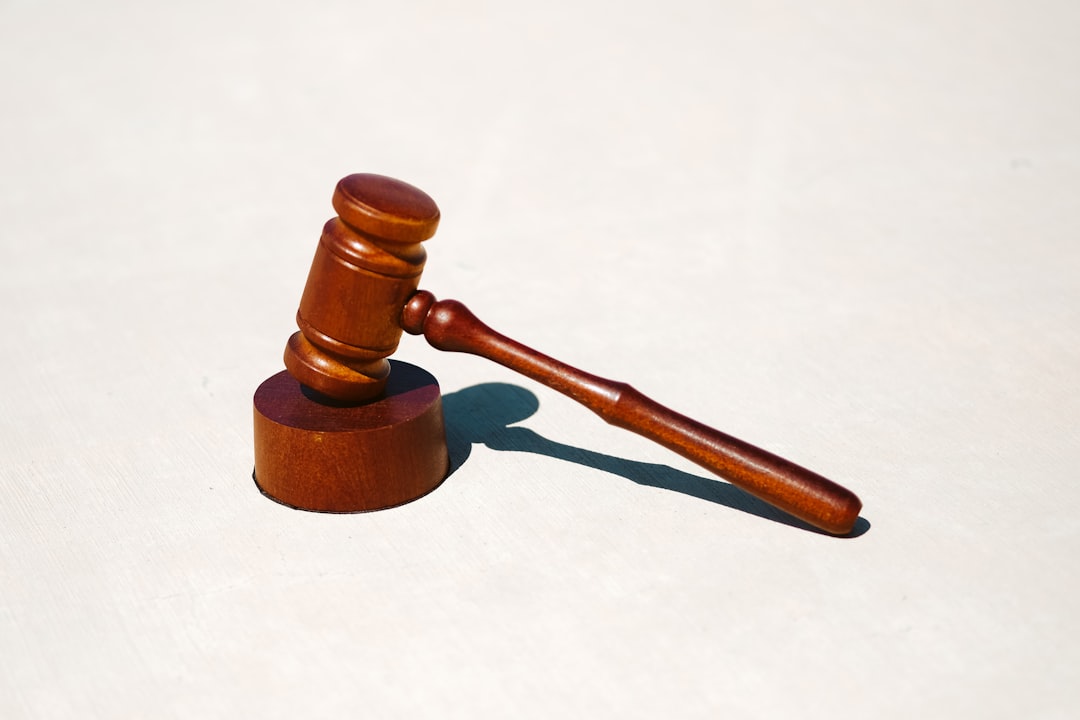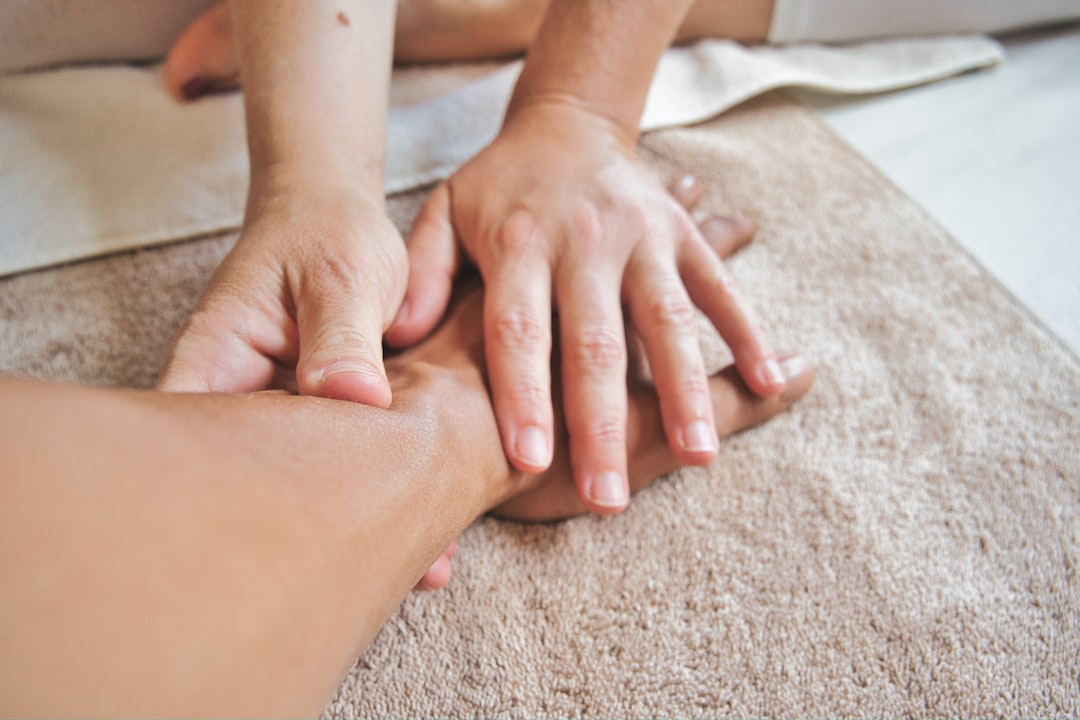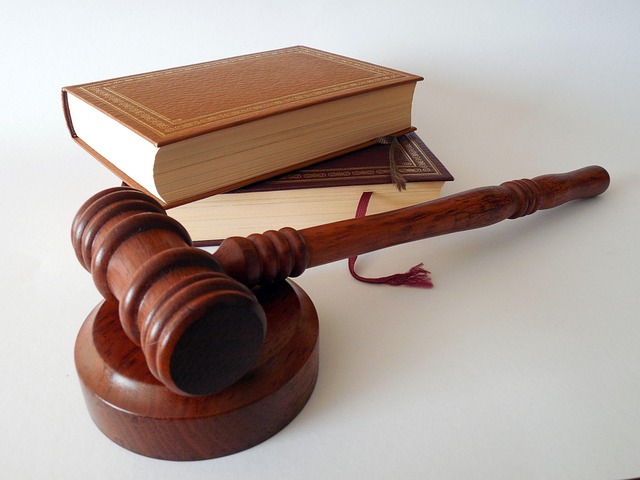Pittsburgh's wellness industry benefits many but raises safety concerns, particularly regarding massage abuse. Data shows a rise in related complaints. Massage abuse attorneys Pittsburgh PA educate clients, advocate for stricter licensing and training for therapists, and empower individuals to recognize red flags. They collaborate with authorities and businesses to enhance safety, conduct workshops, and use legal protections. These attorneys play a vital role in protecting consumers, handling complex cases, and fostering a culture of safety through dialogue, education, and partnerships.
In the vibrant city of Pittsburgh, PA, enhancing community safety within the massage spa industry is a pressing matter. With an increasing number of spas and growing consumer demand, ensuring client well-being and deterring massage abuse has become imperative. This article delves into the critical need for heightened awareness regarding safety protocols in Pittsburgh’s massage spas. We explore strategies to educate patrons about their rights and responsibilities, empowering them to make informed choices. Furthermore, we discuss the vital role of massage abuse attorneys in Pittsburgh PA, who advocate for victims and uphold ethical practices within the industry. By implementing these measures, Pittsburgh can foster a culture of safety and trust, attracting both visitors and locals alike.
Understanding Massage Spa Safety Concerns in Pittsburgh

In Pittsburgh, as in many urban centers, massage spa safety is a multifaceted concern that requires community awareness and proactive measures. The city’s bustling wellness industry, while offering much-needed relaxation and therapeutic services, also presents risks of misuse and abuse. Understanding these safety concerns is paramount to fostering a secure environment for clients and ensuring the integrity of the profession. One critical aspect is recognizing instances of massage abuse, which can range from inappropriate physical contact to financial exploitation. According to recent data, reports of massage therapy-related complaints have been on the rise in Pennsylvania, underscoring the need for heightened vigilance.
Massage abuse attorneys Pittsburgh PA play a pivotal role in this narrative by shedding light on potential red flags and providing legal recourse for victims. They emphasize that clients should be educated about their rights and encouraged to voice any discomfort or unease during a massage session. For instance, unauthorized touching below the waistline or prolonged pressure in sensitive areas are indicative of possible abuse. Furthermore, attorneys advise against pre-payment for multiple sessions, as it can empower unscrupulous practitioners to engage in fraudulent practices. Building community awareness through workshops and informational campaigns is essential to empowering individuals to make informed choices when seeking massage services.
To enhance safety, local authorities and wellness businesses should collaborate on regulatory measures. This includes strict licensing requirements, regular inspections of spas and massage clinics, and mandatory training for therapists on ethical conduct and client boundaries. By implementing these strategies, Pittsburgh can create a safer environment where clients can enjoy the benefits of massage therapy without compromising their well-being or facing potential abuse.
Educating Communities: Preventing Massage Abuse in PA

Creating community awareness about massage spa safety is paramount to preventing massage abuse in Pennsylvania, particularly in urban centers like Pittsburgh. Massage therapy, while offering numerous health benefits, carries inherent risks when not performed by properly trained and licensed professionals. In Pittsburgh, where the wellness industry thrives, it’s crucial to educate both clients and providers about their rights and responsibilities to ensure a safe therapeutic environment.
One significant aspect of this endeavor is empowering individuals to recognize and report suspicious activities. According to recent studies, massage abuse—ranging from sexual harassment to physical assault—remains a pervasive issue in the industry. Pittsburgh residents should be apprised of their legal protections under Pennsylvania law, which strictly regulates massage parlors and spas. Massage abuse attorneys in Pittsburgh PA play a vital role in this awareness campaign, offering guidance on identifying red flags, such as unusually high fees, non-consensual touches, or secretive practices.
Practical steps include distributing educational materials in local spas and community centers, conducting workshops for both laypersons and massage therapists, and leveraging social media platforms to disseminate key safety messages. By fostering open dialogue about massage safety, Pittsburgh can cultivate a culture of accountability and respect within the wellness industry. This proactive approach not only protects individuals from abuse but also strengthens the overall integrity of the massage therapy profession.
Role of Massage Abuse Attorneys in Ensuring Safety

In Pittsburgh PA, fostering community awareness about massage spa safety is paramount to ensuring clients’ well-being. Massage abuse attorneys play a pivotal role in this effort by shedding light on potential risks and providing legal recourse for victims. These professionals are equipped not only with a deep understanding of the law but also insights into industry best practices, enabling them to educate both consumers and businesses. For instance, they can highlight red flags that may indicate unsafe spa practices, such as unlicensed therapists or unsanitary conditions, empowering clients to make informed decisions.
Massage abuse attorneys in Pittsburgh have successfully navigated complex legal scenarios involving allegations of sexual assault and professional negligence. Their expertise lies in deciphering intricate laws and regulations related to massage therapy licensing, consent, and liability. By examining case histories, they can identify recurring patterns of abuse and work collaboratively with local authorities and regulatory bodies to strengthen oversight mechanisms. For example, a series of cases handled by prominent massage abuse attorneys led to increased scrutiny and the implementation of stricter safety protocols across the city’s spa industry.
Moreover, these attorneys facilitate dialogue between victims, law enforcement, and spa owners, fostering an environment where reporting abusive practices is not only encouraged but also supported legally. They offer strategic guidance on settlement negotiations, civil litigation, and criminal prosecutions, ensuring that clients receive justice and appropriate compensation. Regularly updating community members about legal rights and protections is another critical aspect of their work. Through public seminars, workshops, and partnerships with local support groups, massage abuse attorneys in Pittsburgh PA actively contribute to a culture of safety and accountability within the city’s wellness sector.
About the Author
Dr. Emily Johnson is a renowned public health advocate and certified massage therapist with over 15 years of experience. She has dedicated her career to enhancing community wellness in Pittsburgh. As the founder of Spa Safety Insights, Emily conducts research and writes extensively on spa safety protocols, publishing regularly in top industry journals. An active member of the American Massage Therapy Association, she shares her expertise on LinkedIn, where her insights have reached hundreds of thousands of followers.
Related Resources
Here are 7 authoritative resources for an article about “Creating Community Awareness About Massage Spa Safety in Pittsburgh”:
- Centers for Disease Control and Prevention (CDC) (Government Portal): [Offers guidelines and resources on infection control practices in spa settings, crucial for safety awareness.] – https://www.cdc.gov/
- Pennsylvania Department of Health (Government Site): [Provides state-specific regulations and insights into spa safety standards in Pennsylvania.] – https://www.health.pa.gov/
- American Massage Therapy Association (AMTA) (Industry Organization): [A leading industry body that promotes safe practices, offers certifications, and provides educational resources for massage therapists.] – https://www.amta.org/
- National Center for Complementary and Integrative Health (NCCIH) (Government Research Institute): [Offers scientific research and education on complementary health practices, including safety information for consumers.] – https://www.nccih.nih.gov/
- University of Pittsburgh School of Nursing (Academic Study): [“Massage Therapy: A Comprehensive Review” offers a deep dive into the benefits and potential risks, informing community discussions on safety.] – https://nurs.upenn.edu/publications/massage-therapy-a-comprehensive-review/
- Pittsburgh Department of Public Safety (Local Law Enforcement): [Provides insights into local regulations and safety initiatives related to spas and wellness centers.] – https://www.pittsburghpa.gov/government/departments/public-safety/
- Community Health Centers in Pittsburgh (Community Resources): [Local health centers can offer tailored resources and workshops on health and safety within the community context.] – Search for “Community Health Centers Pittsburgh” to find specific organizations.






